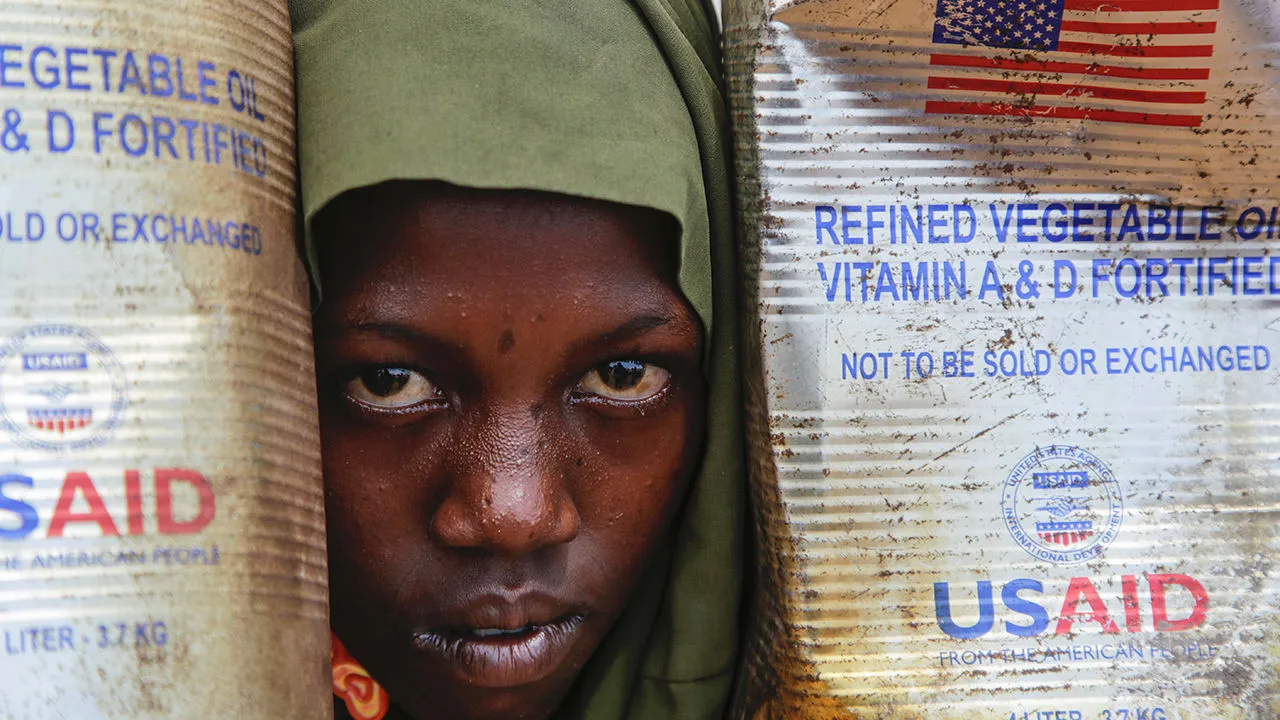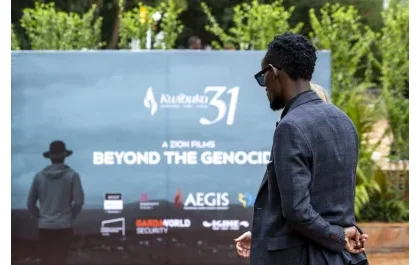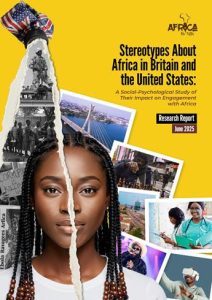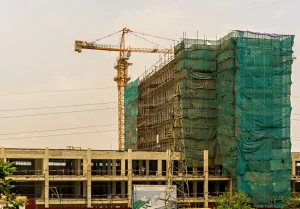By Esdras Shantia
The influence of foreign aid in Africa has long been a subject of intense debate among policymakers, academics, and civil society. While aid has undoubtedly played a role in fostering development, eradicating poverty, and supporting health and education systems, an increasing body of critique suggests that the manner in which aid is delivered and utilized often undermines African sovereignty and erodes indigenous cultures.
Foreign aid, particularly in the form of financial assistance from Western countries and international organizations, is frequently structured around conditionalities—specific policy requirements that recipient countries must implement to access aid. While intended to promote good governance and economic reform, these conditions often reflect external priorities rather than local needs. As a result, many African nations become dependent on aid, which can distort national decision-making processes and diminish local leadership.
Aid dependency can inhibit the development of autonomous economic and political institutions, fostering a cycle where policymakers prioritize donor expectations over domestic priorities. Over time, this fosters a form of neocolonial influence—where external powers shape the political and economic landscape through aid rather than genuine sovereignty, often at the expense of local culture and social norms.
One of the most concerning consequences of continued foreign aid and intervention is the erosion of African cultures and identities. Aid programs often come with specific frameworks rooted in Western values and development paradigms. This can lead to the promotion of Western lifestyles, educational standards, and social models that may conflict with or undermine traditional practices, beliefs, and community structures. For instance, aid-driven initiatives in education sometimes prioritize Western curricula and languages, gradually supplanting indigenous knowledge systems and oral traditions. Similarly, cultural expressions—such as traditional art, music, and rituals—are marginalized or devalued in favor of imported cultural products, leading to a loss of cultural diversity and authenticity.
Moreover, foreign aid frequently promotes a narrative of dependency and deficits, framing African societies as needing outside help to ‘modernize’ or ‘develop,’ which implicitly dismisses the continent’s rich history, resilience, and local ingenuity. This dependence on outside assistance often fosters cultural imperialism—where external actors impose their values, norms, and practices under the guise of aid, development, or humanitarianism. This can devalue local customs and undermine indigenous ways of life, often leading to social fragmentation and identity crises.
For example, the promotion of certain gender roles, family structures, or health practices via aid programs can conflict with traditional beliefs, generating social resistance and eroding social cohesion. Over time, this cultural homogenization diminishes the diversity and vibrancy that characterize African societies, replacing them with a sanitized, Western-centric worldview.
To address these issues, it is crucial that African nations and their communities regain control over their development trajectories and cultural assets. This requires a shift from aid dependency to self-reliance, emphasizing local initiatives, indigenous knowledge, and community-led development. International partners should prioritize policies that respect sovereignty, promote fair partnerships, and support cultural preservation rather than cultural homogenization. Aid programs must be designed in collaboration with local communities, ensuring that development aligns with cultural, social, and environmental contexts.
Additionally, Africa must invest in reclaiming and revitalizing its cultural heritage—through education, arts, language preservation, and promoting indigenous knowledge systems. Such efforts reinforce identities and foster a sense of pride and resilience that can resist cultural erosion driven by external influences.
While foreign aid has the potential to support Africa’s development, it must be wielded with caution and respect for sovereignty and cultural diversity. Continued aid-driven dependency risks transforming from a tool for empowerment into an instrument of cultural destruction. For genuine progress, Africa must chart its own path—one that honors its rich histories, values its unique identities, and actively resists the subtle encroachments of external cultural imperialism. Only through such a balanced approach can African nations build sustainable, resilient societies rooted in their own traditions and aspirations.


















